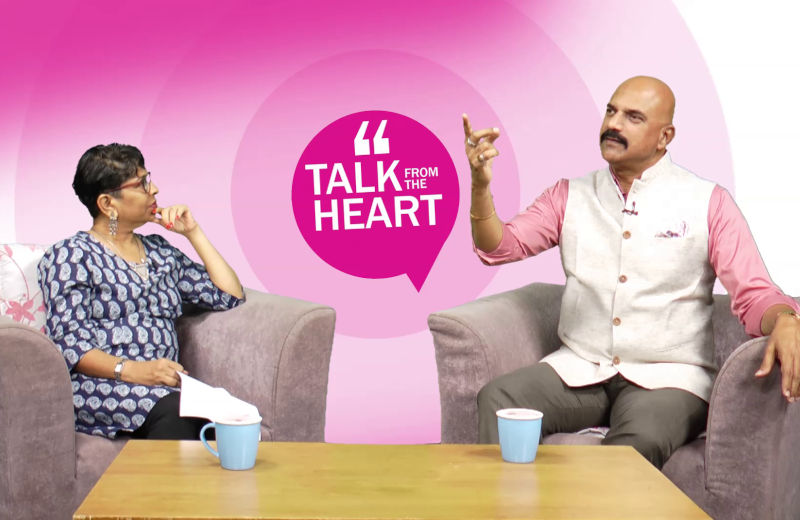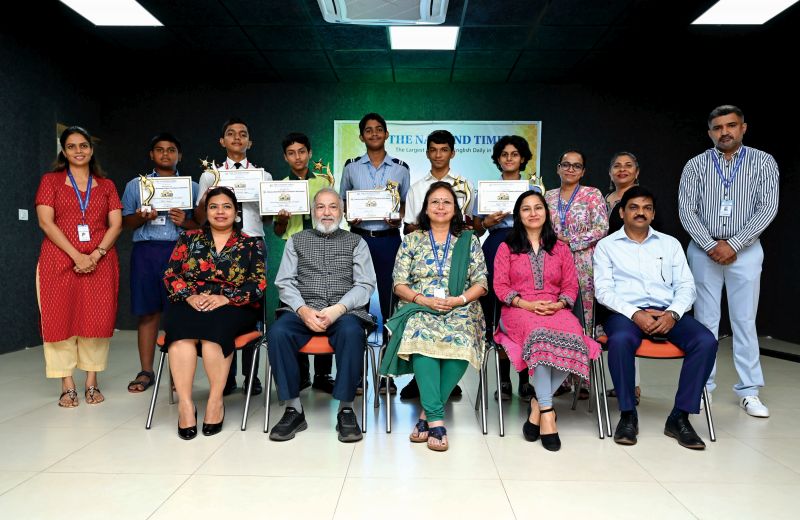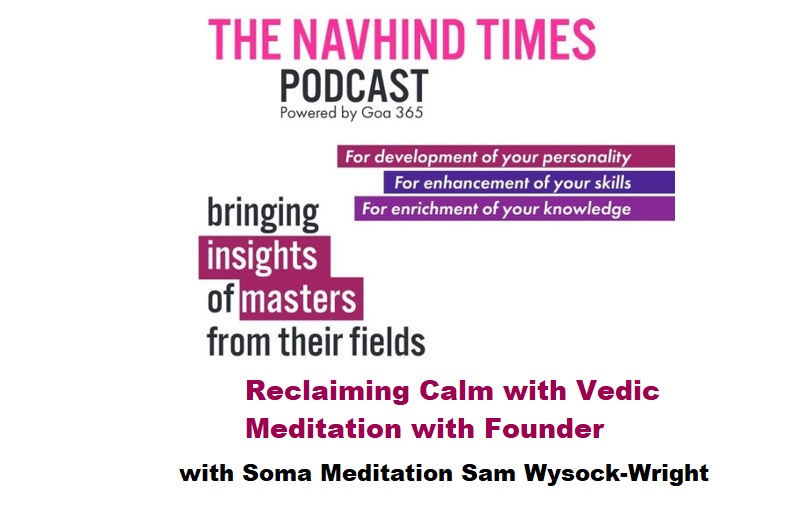
We all want growth, prosperity and healthy relationships. However, at times, despite all our efforts, miseries and troubles overshadow our lives. Vastu Shastra, the traditional Indian system of architecture, says the reason may be hidden behind our surroundings. To understand how this ancient system works, Vastu consultant, Rajesh R. Pednekar was invited on The Navhind Times, Talk from the Heart show that aired on the Goa 365 channel on Sunday, July 10.
Pednekar, who consults pan India as well as overseas, is a former Ranji cricket player and has captained the state team on several occasions. Besides sports, he is actively involved in theatre as well and has received several accolades for his performances. With 23 years of experience under his belt as a Vastu consultant, he has helped many people find balance in their homes, offices and life.
Though Vastu Shastra may have originated around 6000 BC, not many are aware of what it comprises or its significance. “The term Vastu is composed of two Sanskrit words ‘Vastu’ and ‘Shastra’ where Vastu means house, habitation, building on land or ground and Shastra means teaching or doctrine. It is the doctrine of designing houses or edifice science,“ explained Pednekar. According to Vastu Shastra, the human body is the combination of Pancha Tatwa, five elements, namely; fire, earth, water, air, and sky and the principles of Vastu Shastra say that if these five elements are positioned appropriately in a home, they will release positive energies from all directions. “Vastu is holistic architecture and is based on science and logic,“ Pednekar emphasised and gave various examples of houses and structures in olden days which were based on wind direction, sunlight, etcetera.
A very common belief is that Vastu is based on religion and deters many from taking it in to consideration. “Religion plays no role in Vastu, as it is based on universal principles of planetary forces and elements. Hindus have developed Vastu shastra, but being an art and science of structures, it can be used and applied irrespective of religion or of one’s religious affinity,“ stressed Pednekar.
Another misconception is that Vastu is for financial prosperity alone. Debunking this myth, Pednekar explained, “Vastu can be applied in all spheres and is not isolated to one area alone. What is most important however, is the state of mind. One should have a positive mind-set for any benefit to materialise. That is the most important aspect.“
Besides the mind-set, he also gave other dos and don’ts to enhance positivity within the home. “De-clutter your homes,“ he said, “Keep your home clean, neat and free of clutter and unnecessary household goods and décor. Keep it simple and easy to maintain. The energy flowing through the house is responsible for how you handle your relationships, health and finance, so ensure that the central space in your living room is clutter free. Also, keep your windows and doors clean, and your storage spaces neatly organized in every room.“ Plants too, he said added to the energy of the home.
For good health sleep is very vital however there are more people today than ever before who suffer from amnesia. According to Vastu Shastra, space or panch bhutas interact directly with wind, sun, and other such important natural elements and therefore the best direction for sleeping is with your head placed in the South direction and feet towards the North. “From the food we eat to the placement of our bed and the direction we sleep in, all play a role in our sleep pattern. One should never lie in the north-south direction as the human head is considered to have polar-like attraction and when one sleeps in the north-south direction it repels the like poles. It has been medically studied and found that sleeping in the south direction helps reduce high blood pressure and other such conditions,“ he explained.
Many other topics were discussed and the underlying truth as Pednekar said was, “Nothing is more powerful than your attitude, so stay positive!“



